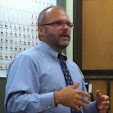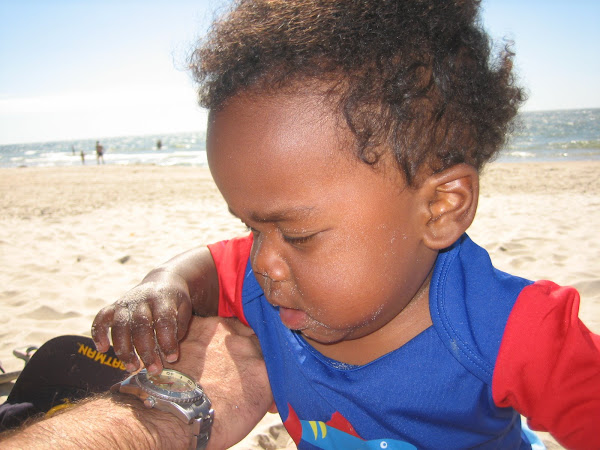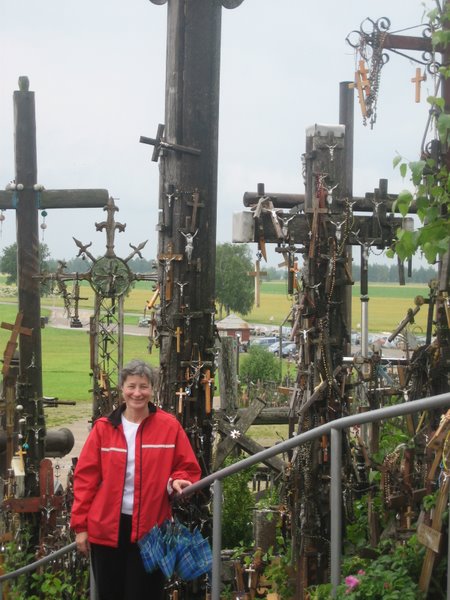You may remember that last year I posted several observations about Lithuanian national identity and religion, and about the nuclear energy problem and the Russian response, and about the Estonians and the Soviet war memorial.
This year, it's symbolism, sausages and cyber attacks. About 3 weeks ago, the Lithuanian parliament passed a law banning the display of the swastika, the hammer and sickle, and the pentangle. Pravda, a Russian newspaper, noted that Lithuania equates Soviet symbols with Nazism. Some former university colleagues and I used to muse on why it was okay--even kind of hip--to have a Lenin or Stalin or Mao souvenir, but not so for Hitler. The tone of Pravda's article seems to implicitly play on this presumed acceptability or preference for the former 3, but exclusion of the latter 1.
In any case, a couple of weeks later hundreds of Lithuanian web sites were hacked, with communist symbols posted all over the sites. "Many" suspect the cyber attack was perpetrated by Russian hackers in response to the Lithuanian legislation, though the Lithuanian government has stopped short of making such a specific claim.
This is all the more curious in light of an article in "Made in Lithuania," a kind of Lithuanian business, government, development magazine, about how the word "Soviet" connotes quality with Lithuanian consumers, and that producers will use it in their product naming in order to capture this sensation. Interestingly, however, the judges in a Presidential competition for the best products in Lithuania did not select a particular "Soviet sausage" because it had the name Soviet. It also seems that while many like "Soviet" products, others--like the group For a different Lithuania - for Lithuania without a Soviet heritage--want to "stamp out the Soviet heritage."
So now it's street signs and sausages.
Sunday, July 6, 2008
Subscribe to:
Post Comments (Atom)





No comments:
Post a Comment